Heart disease is the leading cause of death of men and women in the US. Over half a million Americans die from it annually. Atherosclerosis — a build up of plaque in the arteries — is a common feature of heart disease and can be caused by smoking, fats and cholesterol in the blood, diabetes, and high blood pressure.
While not all heart attacks are caused by atherosclerosis, but halting plaque build up can help prevent some types of heart disease — specifically heart attacks that kill heart muscle by depriving it of oxygen. And now, a research team from Austria and The Netherlands have developed an anti-cholesterol vaccine that might help combat plaque. Mice with heart disease treated with the vaccine produced antibodies to cholesterol that lowered their blood levels of it and reduced plaque in their arteries.
The results show promising potential for lowering heart disease in humans. Study researcher Christine Landlinger from AFFiRis (the company that developed the vaccine) and her co-authors published the study in the May 2017 issue of the European Heart Journal.
The Fats We Don't See Can Hurt Us
Our liver makes cholesterol. The rest comes from food. Cholesterol circulates in our blood in a protein-fat complex called lipoprotein. Cholesterol is a vital part of the body, but too much of it causes problems.
Multiple types of lipoproteins circulate in our blood. Low-density lipoprotein or LDL is known as the 'bad cholesterol' because it distributes cholesterol throughout the body. High-density lipoprotein or HDL helps remove cholesterol from the bloodstream and is called 'good' cholesterol. High HDL can protect against heart disease, and an excess of LDL can cause plaques — accumulations of fat, cholesterol, calcium, and other substances — to develop along arterial walls.
Plaque build-up narrows arteries and slows blood flow through them. If blood cells stick to the plaque and form a clot, or part of the plaque breaks off, it can get stuck in a blood vessel, stop blood flow, and cause a heart attack or stroke.
Drugs called statins can help reduce LDL cholesterol, but they have to be taken every day and can have some serious side effects. They also haven't been shown to have a significant effect on plaque reduction. Our body has some natural processes to help remove bad cholesterol from the blood, but they're not well understood.
We do know that an enzyme called Proprotein convertase subtilisin/kexin type 9 (PCSK9, for short) plays a role in keeping bad LDL cholesterol in the blood (a good thing if you're looking to have a heart attack, but a bad thing for sustaining life). Researchers have previously developed antibodies against PCSK9 (the antibodies latch onto the enzyme and turn off its activity) and turned them into a medication approved by the FDA to fight plaque buildup. Injections of these antibodies lower LDL 40-70%, but their effect doesn't last long, and they are costly. A vaccine that works by getting the body to produce its antibodies to PCSK9 has the potential to provide a longer lasting reduction of LDL cholesterol.
The new research study tested such a vaccine in mice with heart disease.
The New Vaccine
AT04A is a vaccine against PCSK9 created by AFFiRis in Vienna, Austria. To test its effects in mice, researchers first fed the animals a high-fat diet to develop high cholesterol and atherosclerosis. They then injected the vaccine under the skin and studied its effects for 18 weeks.
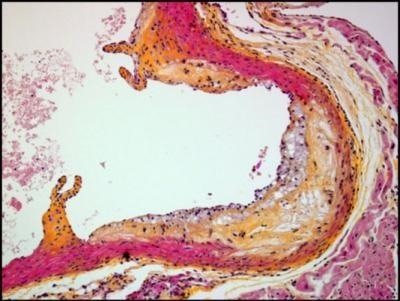

Over 18 weeks, the total amount of cholesterol in the blood of vaccinated mice decreased by 53%, and the atherosclerotic lesions in their blood vessels decreased by 64%. Antibodies to PCSK9 developed in their blood and were still present at high levels at the end of the study. The unvaccinated mice fed high-fat diet didn't see these improvements.
If these findings translate successfully into humans, this could mean that, as the induced antibodies persist for months after a vaccination, we could develop a long-lasting therapy that, after the first vaccination, just needs an annual booster. This would result in an effective and more convenient treatment for patients, as well as higher patient compliance.
A phase I clinical study is underway at the Medical University of Vienna, Austria, assessing the safety and activity of AT04A in humans. The researchers are expected to complete the study in September 2017. If the vaccine proves to be safe in humans, it can move to phase 2 and three clinical trials where the researchers will evaluate it in many more participants for its ability to reduce LDL and to monitor for any side effects.
One potential side effect, expressed in a paywalled editorial by other scientists, is that other drugs like statins can increase diabetes, so tests of the new vaccine need to monitor participants for similar effects. They did say, however, that the benefits of lowering LDL cholesterol outweigh the risks of developing diabetes from either statins or the vaccine.
A vaccine to reduce LDL cholesterol could significantly reduce a major contributor to heart disease and cause of death. Future studies on AT04 may show that vaccine can accomplish that in humans.
Just updated your iPhone? You'll find new Apple Intelligence capabilities, sudoku puzzles, Camera Control enhancements, volume control limits, layered Voice Memo recordings, and other useful features. Find out what's new and changed on your iPhone with the iOS 18.2 update.





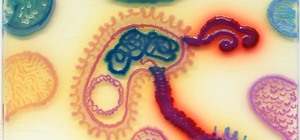
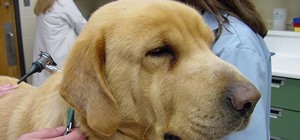

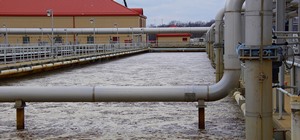
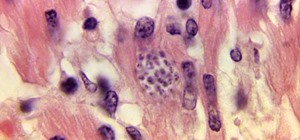
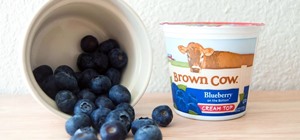
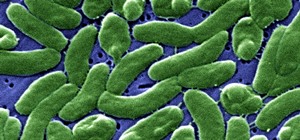
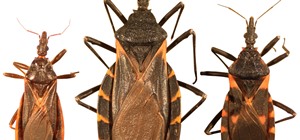
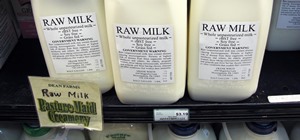



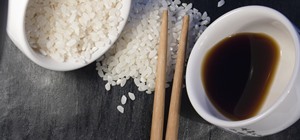
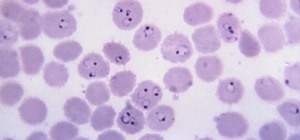

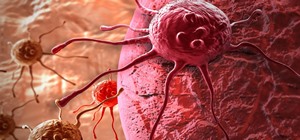

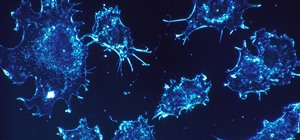
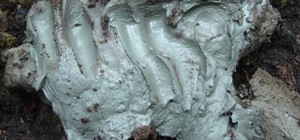
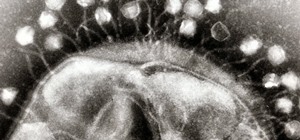
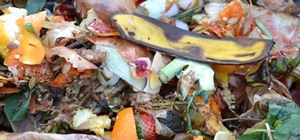
Be the First to Comment
Share Your Thoughts